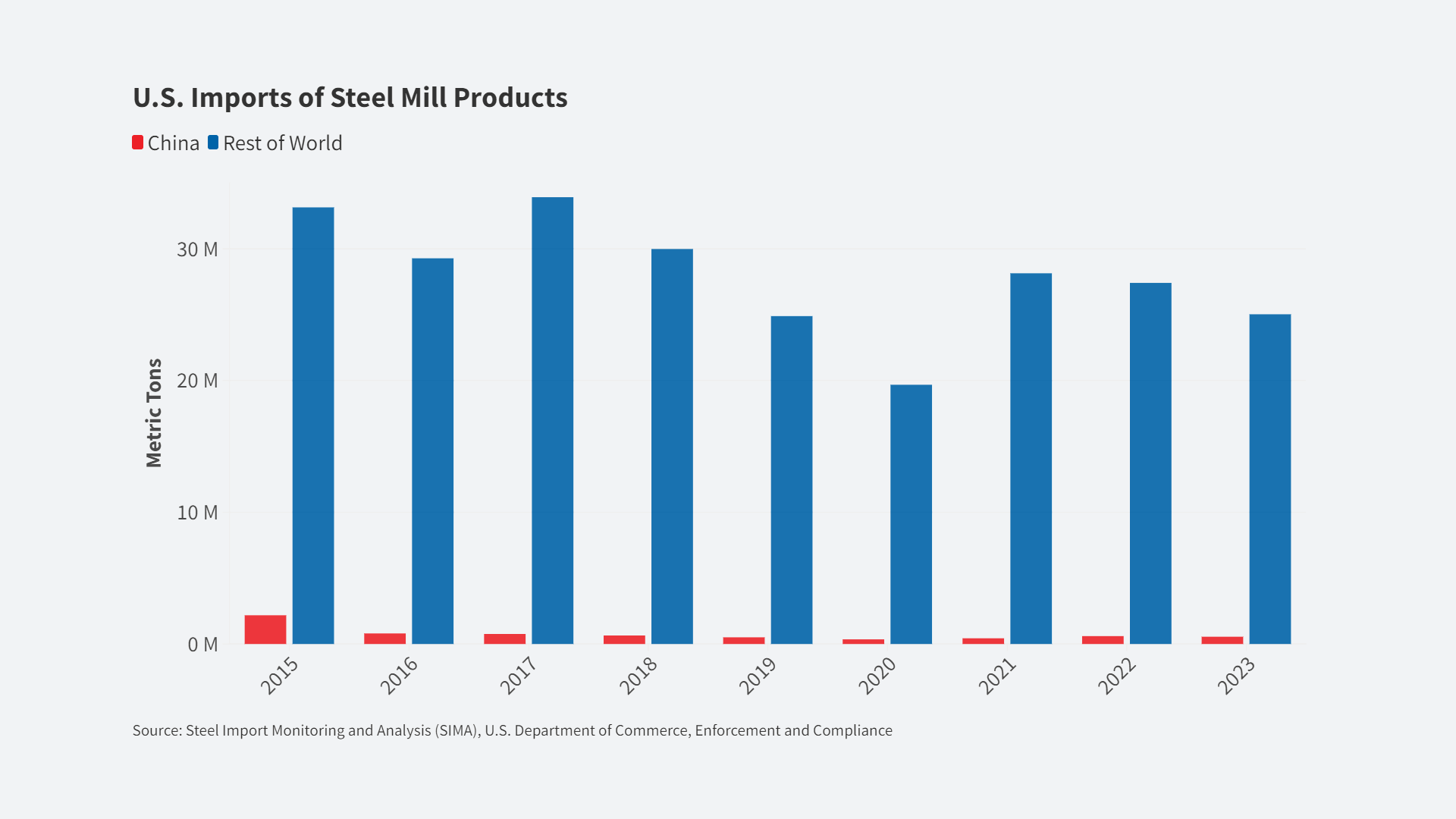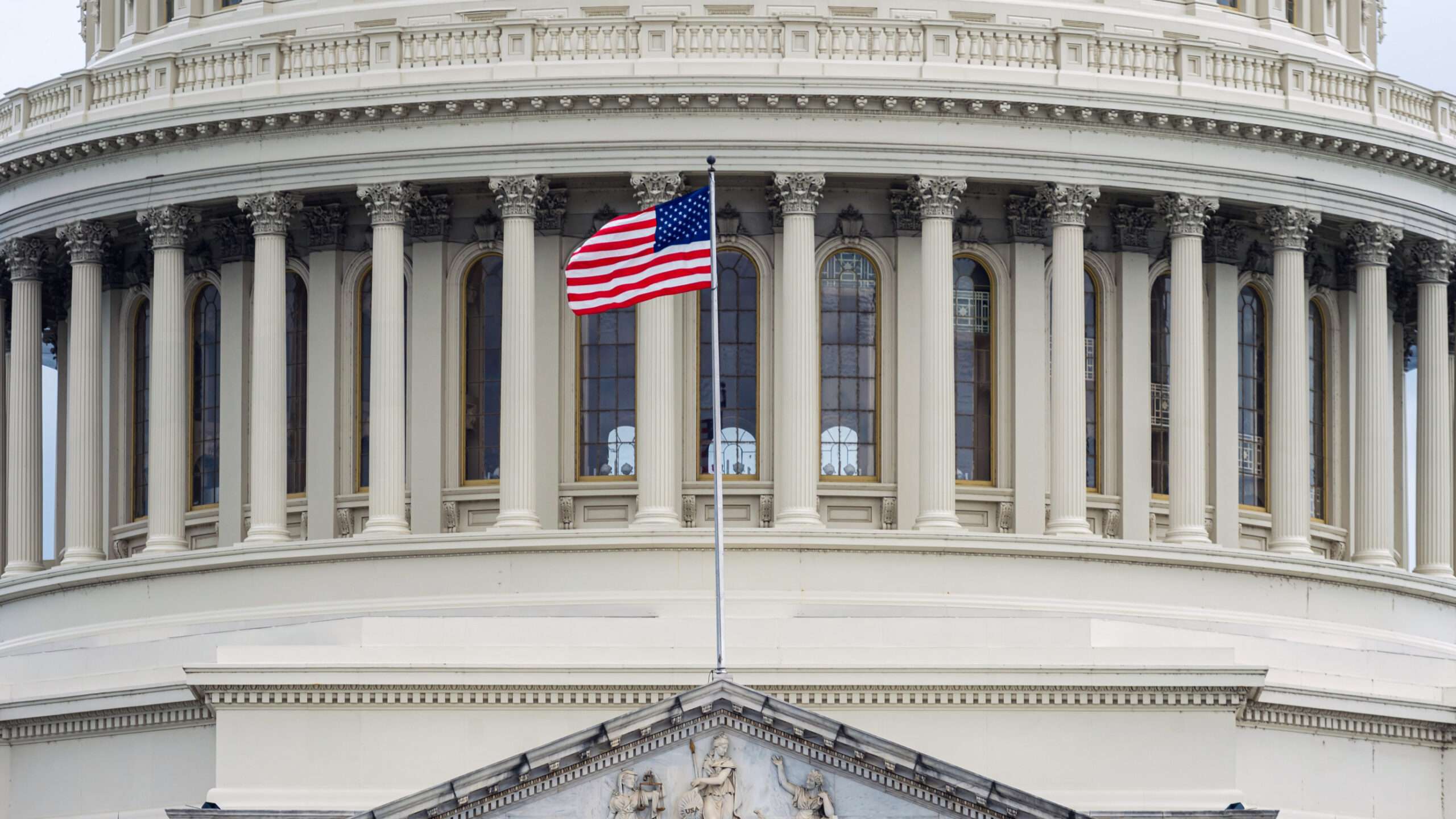
[Reposted from Philly.com | Robert Patterson | June 15, 2015]
Days before the showdown, NBC News reported that two-thirds of Americans, Democrats and Republicans alike, oppose trade arrangements that exchange family-wage jobs for allegedly cheaper consumer goods. Other polling finds that free-trade deals trouble the Republican rank-and-file more than the Democrat’s. And reports from Capitol Hill indicate that constituent calls overwhelmingly oppose the GOP-Obama trade package.
So by abandoning the 2014 midterm voters that gave Republicans control of both houses of Congress to check Obama, the GOP leadership squandered some hard-won political capital, complicating the party’s quest to defeat Hillary Clinton in 2016 and retain the U.S. Senate.
Nowhere is this political irony more on display than in the Keystone State, where 10 of 12 Pennsylvania Republican congressmen — and Pat Toomey in the Senate — did the bidding not only of party leadership but also the multinational behemoths and big banks. In contrast, four of six New Jersey GOP representatives voted against “Obamatrade.”
Only second-termers Scott Perry of York County and Keith Rothfus of Western Pennsylvania stood up for an industrial state still reeling from ominous trade deficits and the hollowing out of U.S. manufacturing, all of which accelerated when a Democratic Congress fell for the same free-trade song and dance when ratifying NAFTA 22 years ago.
Perhaps Pat Meehan of working-class Delaware County, Mike Fitzpatrick of suburban Bucks, Charlie Dent of the Lehigh Valley, and Joe Pitts of Dutch Country have yet to digest how globalization policies that privilege finance over manufacturing have liquidated the private-sector middle class, depressing GOP Electoral College fortunes, especially in their beloved state.
They could take pointers from Dwight Eisenhower, Richard Nixon, and Ronald Reagan. Those Republicans — who wooed rather than alienated trade-union households — triggered landslide elections and captured decisive majorities in Pennsylvania. Even George H.W. Bush, the last GOP presidential nominee to capture Pennsylvania, followed the wiser strategy of heeding voter sentiment to reach the presidency.
On the Friday before the 1988 election, with polls showing Democrat Michael Dukakis closing fast in the Rust Belt, the GOP nominee wrote to Sen. John Heinz, the Pennsylvania steel champion, promising to extend Reagan’s policies that leveled the playing field for a U.S. steel industry ailing from global overcapacity. The mouthpiece of globalism and anti-Americanism, the New York Times smeared Bush as an opportunist. But Bush’s commitment to deliver economic tangibles to Middle America won him the White House, a lesson he subsequently forgot.
As has the current GOP. Even after Pelosi warned him that the dubious trade package was doomed, Speaker John Boehner pressed ahead with his fatal vote. Indeed, his leadership colleagues seem as bedazzled by free-trade abstractions as Democrats by global-warming ideology.
That’s an unfortunate departure from the “trade realism” of Reagan, who vigorously defended American interests against unfair foreign competition. The model conservative president delivered import relief not only for steel but also for other domestic concerns, including automobiles, motorcycles, sugar, electronics, lumber, textiles, and machine tools. Equally important, the Gipper forced Japan to cease manipulating the yen. The industrial island nation returned to the stealth practice in the 1990s, reimposing a mammoth trade barrier that the Trans-Pacific Partnership (TPP) does nothing to address.
Consequently, Reagan would not be fooled by the overrated Pacific proposal, which would add nothing to existing free-trade pacts that America already enjoys with 80 percent of the TPP market. Nor would he entertain illusions that Japan — whose GDP represents 18 of the remaining 20 percent — will allow Ford to sell Fusions in Tokyo. Or that the TPP allows the United States to “write the rules” of trade: Obama has steadfastly ignored Congress for six years, but invited multinational lobbyists to help negotiate and draft his treaty. Meanwhile, the secret pact remains in the basement of the U.S. Capitol under tighter security than our southern border.
Pelosi, the Democratic powerhouse from California, has given Republicans, especially those representing Pennsylvania, another chance to return the affections of the voters that put them into office. And if they pursue a fast-track to expand the Main Street economy — not merely Wall Street’s — they might win big in 2016.













